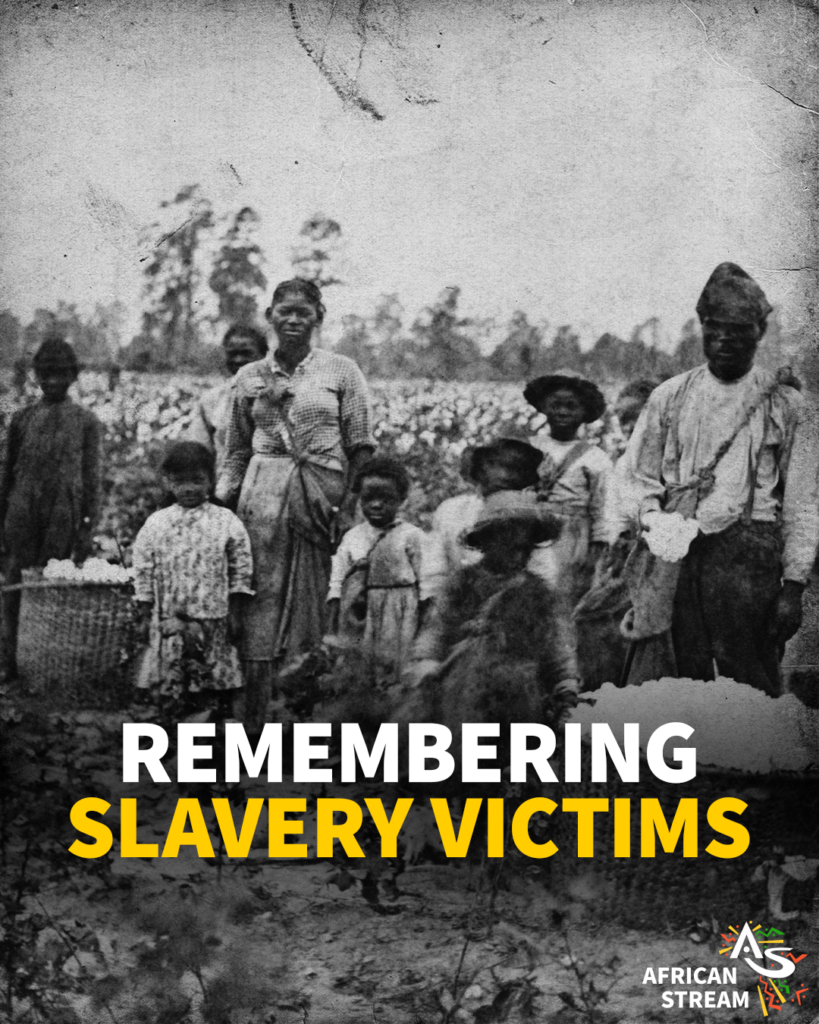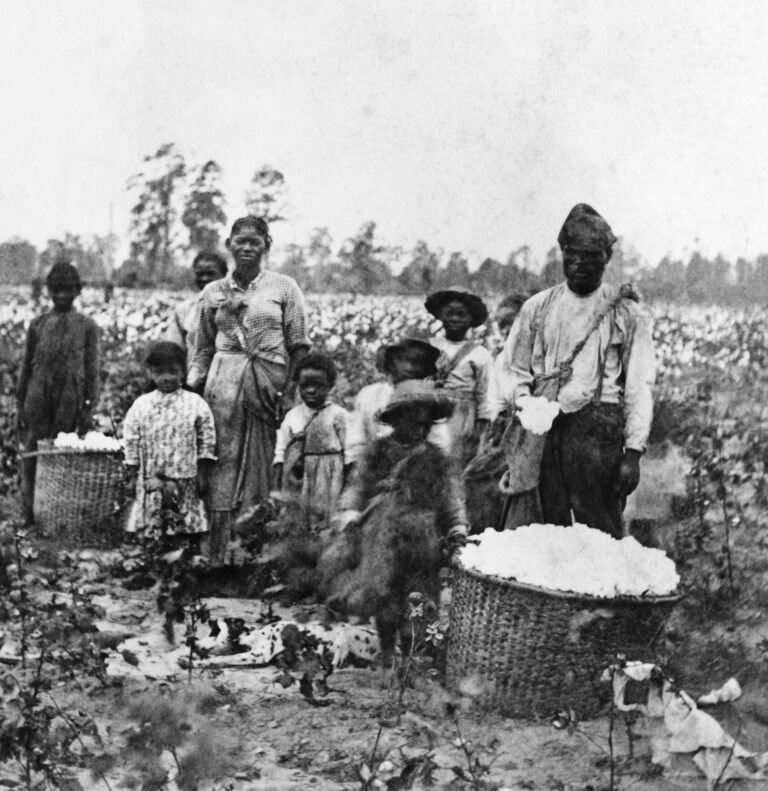The 25th of March is International Day of Remembrance of the Victims of Slavery and the Transatlantic Slave Trade. During four centuries, between 10-12 million Africans were forcibly transported across the Atlantic Ocean to the Americas.
The barbaric practice had catastrophic consequences for Africa, with horrendous loss of life and the exploitation of its resources and people. For the Americas, slavery enabled vast economic development.

Originating in the 16th century, the European slave trade was first dominated by the Portuguese, but soon saw the involvement of the Dutch, English, and French. It reached its peak in the 18th century as demand increased for labour in burgeoning industries like tobacco and sugar plantations. A brutal cycle developed of abduction, transportation, and sale of Africans. And it perpetuated a culture of violence and lawlessness in Africa, where powerful entities profited from human suffering.
Even after the slave trade ended, a legacy of political instability and social disintegration across the continent remained. It solidified a hierarchy between the West and Africa that still exists today. Take the World Bank and IMF, for example, which impose a host of destructive policies on borrowing countries. Austerity is forced on millions of people, along with labour deregulation and currency devaluations. It’s a neocolonial relationship that benefits foreign multinationals.
As we remember the victims of the horrific European slave trade, we should not forget that the imperialist shackles have not been cut.

